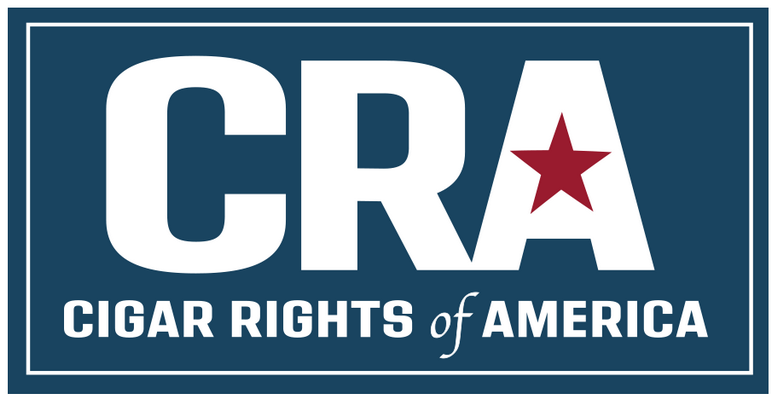In recent weeks, state legislatures across the country have been introducing bills to establish or expand tobacco product registries, with a focus on electronic cigarettes and vapor products. While these registries might appear to address gaps in enforcement, their broader implications should not be overlooked—especially by those in the premium cigar industry. Recent legislative trends and real-world examples, such as the creation of California’s Unflavored Tobacco List (UTL) last year and its significant amendments after introduction, demonstrate why the premium cigar industry should pay close attention to these seemingly irrelevant bills and consider their potential to normalize overreaching regulatory frameworks.
The Emergence of State Tobacco Registries
While state registries vary somewhat, generally they require ENDS products (and often other tobacco products) to pay high registration fees and meet criteria regarding FDA marketing authorization, or provide a pending premarket tobacco product application (PMTA). These laws are generally intended to take unauthorized or unsafe products off the market.
Premium cigars are not directly impacted by these bills, as they primarily target e-cigarettes and vaping products. However, the continued expansion coupled with a push towards normalization of such registries poses a unique and growing threat. History shows that regulatory measures often expand their scope, and tobacco registries, once normalized, could easily evolve to include all tobacco products, including premium cigars, under the guise of “harmonizing” regulations or addressing perceived gaps. What begins as a narrow effort to regulate e-cigarettes and vapor products could quickly grow into a broad mandate that places unnecessary burdens on premium cigars.
The Real-World Impact: California’s AB 3218
The slippery slope in these policies is already apparent, and California’s UTL serves as a cautionary tale. The bill, AB 3218, initially had no fees attached to the registration process. In the late spring of 2024, the bill was amended to include costly fees. The result? Millions of dollars in regulatory costs for premium cigar manufacturers, administrative burdens for the state, and regulatory uncertainty for premium cigar manufacturers and retailers.
The inclusion of premium cigars in AB 3218 highlights how quickly and easily registries can expand beyond their original scope. It also underscores the importance of proactive engagement by the premium cigar industry to ensure that such measures do not become the norm. CRA is currently working with the Attorney General’s office in California to address the issue of premium cigars in this law. However, if things don’t change, many premium cigar manufacturers are likely to exit the California market.
Looking Ahead: The Future of Tobacco Registries
As more states consider tobacco registry bills, the premium cigar industry must remain vigilant. The risk is not just in the immediate impact of these laws but in their potential to create a domino effect that could embolden public health advocates to push for additional restrictions on premium cigars, such as flavor bans, advertising restrictions, or increased taxation.
While the premium cigar industry has historically been subject to limited regulatory requirements, that could erode over time if registries become a standard feature of tobacco regulation. The example of California’s AB 3218 demonstrates how easily these measures can expand to include premium cigars, creating new compliance challenges and regulatory uncertainty.
